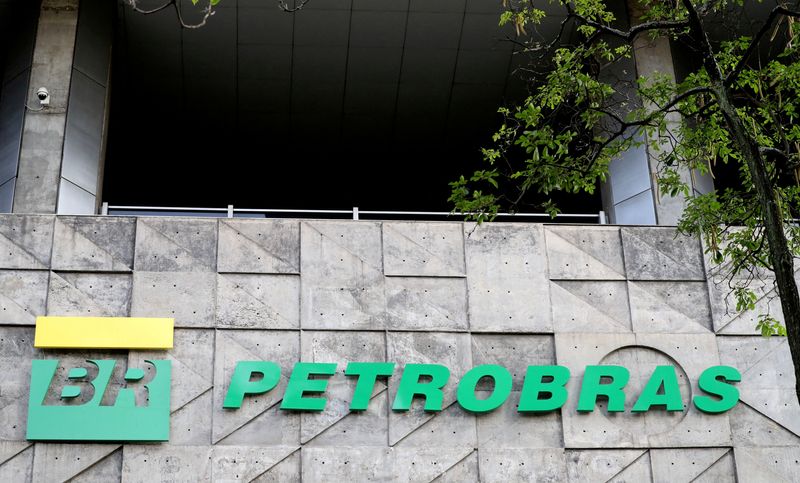By Sabrina Valle
(Reuters) - Brazilian President-elect Luiz Inacio Lula da Silva begins interviews this week with candidates to run oil firm Petrobras, people familiar with the talks said, kicking off what may be a rocky few months for the state-controlled company.
Lula, who takes office on Jan. 1, has already signaled plans for a dramatic overhaul of Petroleo Brasileiro SA, as the company is formally known.
Into the dustbin, according to Lula and his advisers: the company's privatization. Prepped since 2019, the plan was ready to be implemented next year had Jair Bolsonaro been reelected, according to some of its makers.
Back on the drawing board: investments in renewable energy, refineries, job creation and regional economic development of the kind that made Petrobras an integrated energy behemoth during Lula's presidency from 2003 to 2010.
To pull off that reboot of Petrobras strategy, Lula plans for sweeping turnover in the company's first- and second-tier management ranks, said people familiar with his thinking.
Lula's transition team didn't immediately respond to a request for comment.
Given the scale of his ambitions, Lula has little time to lose. But technically it could be two to four months before he can install a new C-suite, due to new regulations.
Company rules will require at least 45 days for vetting, board approval and a shareholder vote on the board member who will be next chief executive. However, that most aggressive timeline would require current CEO Caio Paes de Andrade to resign on Jan. 1. His term technically runs into April.
Andrade, a former Economy Ministry official with no prior experience in the oil sector, has given no indication so far he is willing to do so, according to those close to him.
Petrobras declined to comment on Andrade's behalf.
Bolsonaro, who appointed him, has avoided publicly conceding to Lula, his political nemesis, and few expect him to voluntarily collaborate with the government transition.
Petrobras management is preparing a 90-slide presentation, ten from each top executive including the CEO, for Lula's transition team, as part of the formal handover, according to company sources.
SHORT LIST
As of last week, Lula had not had any direct conversations with candidates for the top Petrobras job, according to people familiar with the matter, although a short list has taken shape.
That includes Senator Jean Paul Prates, who has not been yet invited to the job despite having traveled with Lula via private jet to the COP27 climate summit in Egypt.
Prates was an adviser on energy policy during the campaign, but his appointment may face compliance obstacles due to his 2020 Natal mayoral campaign. A presidential decree bars the nomination of a CEO who has run an electoral campaign in the last 36 months.
Other candidates in the list include former Bahia Governor Rui Costa, a close Lula ally, and Magda Chambriard, the former head of oil and gas regulator ANP, who once worked at Petrobras.
William Nozaki, a professor of economics at Sao Paulo university FESPSP named last week to Lula's transition team, is under consideration to lead a non-core division at Petrobras.
Regardless of who gets the CEO job, the Workers Party has insisted that management must be aligned with Lula's plans for climate policy and state firms as motors of economic development.
That will include resuming investments in renewable energies - the biofuel unit and other non oil assets were sold off in recent years to pay down debt. Under Bolsonaro, renewable projects were suspended and the company restricted investments almost entirely to oil production offshore.

The new approach will bring Petrobras closer to the strategy adopted by European majors BP (NYSE:BP) PLC and Shell (LON:RDSa) PLC, which are reducing bets on crude to invest in cleaner energy.
Lula's advisers also say Petrobras should steer more of its profits into investments rather than its generous recent dividends. The company in the past two quarters paid more than twice the dividend of any European or American oil producer.